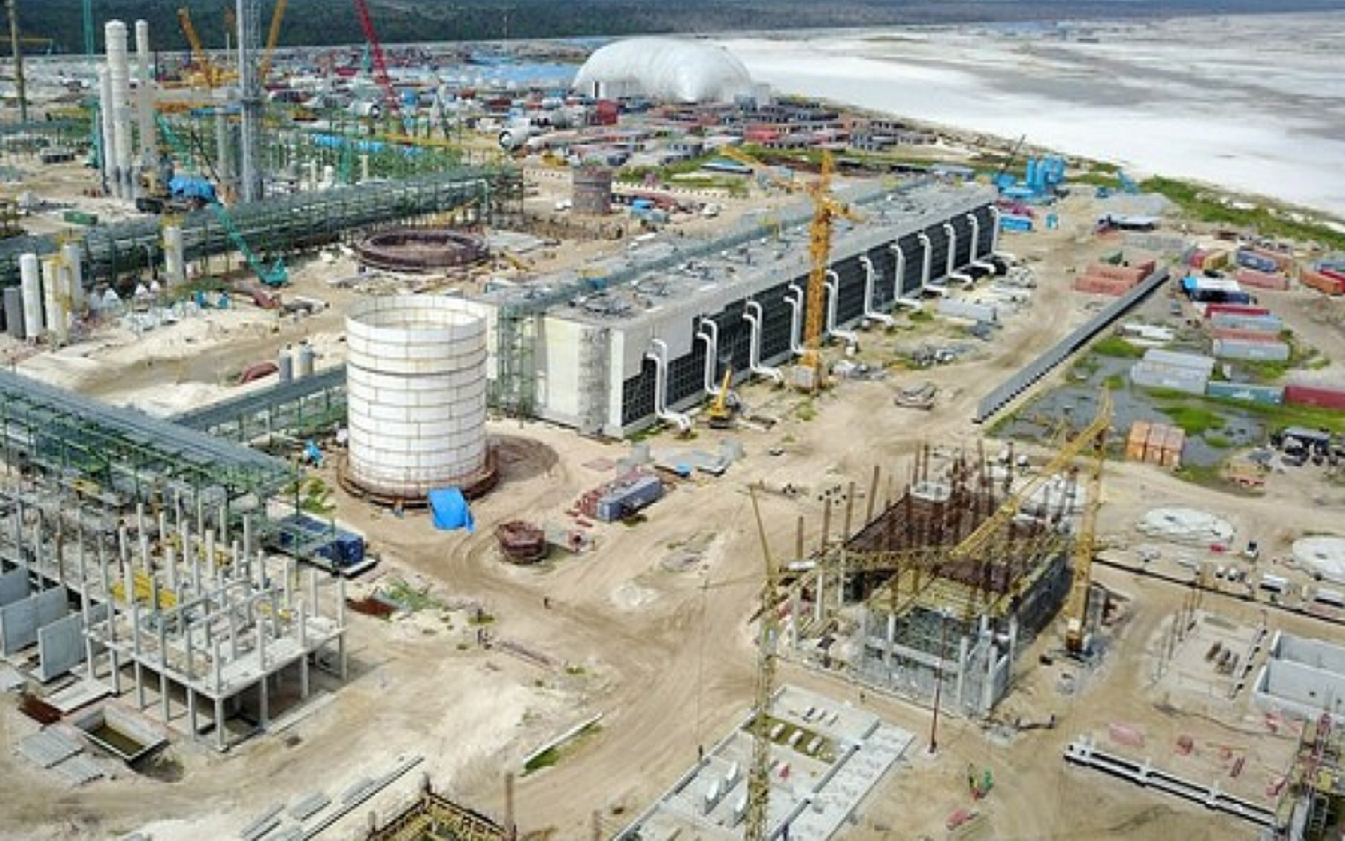Dangote And NNPC: Examining The Impact On Nigeria's Fuel Costs

Table of Contents
Dangote Refinery's Potential Impact on Fuel Prices
The Dangote Refinery, boasting a projected capacity of 650,000 barrels per day, is poised to revolutionize Nigeria's fuel landscape. Its massive output represents a significant leap towards self-sufficiency in refined petroleum products, drastically reducing the country's dependence on imports. This increased local production holds the key to potentially lower fuel prices.
- Refinery Output vs. Consumption: The refinery's projected output is substantial enough to potentially meet a significant portion of Nigeria's current fuel consumption, even exceeding it in some product categories. This surplus could lead to greater price stability and competition.
- Impact on Petrol, Diesel, and Kerosene: Lower reliance on imported refined petroleum products directly translates to a potential decrease in the prices of petrol, diesel, and kerosene. This could have a ripple effect, impacting transportation costs, electricity generation, and the cost of goods across the board.
- Challenges to Achieving Projected Output: While the potential is vast, challenges remain. Logistical issues, including efficient distribution networks, and consistent maintenance of the refinery's complex infrastructure, could impact its ability to reach full capacity.
- Price Comparison: A comparison of projected fuel prices based on local production versus current import-dependent prices indicates a significant potential for savings, offering substantial relief to consumers and businesses.
NNPC's Role in Fuel Distribution and Pricing
The NNPC plays a pivotal role in Nigeria's fuel sector, traditionally managing fuel import, distribution, and – until recently – subsidies. Its policies and practices have historically exerted significant influence on fuel prices. The emergence of the Dangote Refinery introduces a new dynamic, presenting both opportunities and challenges for the NNPC.
- NNPC's Market Share: NNPC currently holds a considerable market share in fuel distribution, and its continued participation is crucial for a smooth transition to a more competitive market.
- Fuel Subsidies and Their Impact: The removal of fuel subsidies, a long-standing policy debate, could significantly affect fuel pricing. The transition needs careful management to avoid undue hardship on consumers.
- NNPC's Response Strategies: The NNPC's response to the Dangote Refinery's operations will be crucial. Strategies could range from embracing competition to focusing on other aspects of the energy sector.
- Potential for Deregulation: Market deregulation could foster greater competition and efficiency, leading to more stable and potentially lower prices. However, careful implementation is necessary to mitigate potential risks.
Economic Implications for Nigeria
The impact of changes in fuel prices driven by the Dangote Refinery will resonate across the Nigerian economy. Reduced fuel costs could stimulate significant positive economic impacts.
- Impact on Inflation and Consumer Spending: Lower fuel prices will likely curb inflationary pressures and boost consumer spending, leading to increased economic activity.
- Foreign Exchange Reserves: Reduced reliance on fuel imports will free up significant foreign exchange reserves, strengthening Nigeria's currency and overall economic stability.
- Job Creation: The Dangote Refinery and its associated industries are expected to create numerous direct and indirect jobs, reducing unemployment and stimulating economic growth.
- Energy Security: Increased local refining capacity bolsters Nigeria's energy security, reducing vulnerability to global oil price fluctuations and geopolitical instability.
Challenges and Uncertainties
Despite the immense potential, several challenges and uncertainties could impede the expected benefits. A careful and proactive approach is vital to address these potential obstacles.
- Market Competition: Concerns about potential market dominance by either Dangote or NNPC necessitate careful antitrust considerations and regulatory oversight to maintain a fair and competitive market.
- Regulatory Hurdles: Navigating licensing, permits, and environmental regulations efficiently is crucial for the smooth operation of the refinery and associated businesses.
- Infrastructure Limitations: Nigeria's fuel distribution infrastructure needs upgrades to effectively handle the increased volume of locally refined fuel.
- Political Influence: Political interference and policy changes could impact the refinery's operations and the overall effectiveness of market reforms.
Conclusion
The Dangote Refinery's impact on Nigeria's fuel costs is potentially transformative, offering a pathway to lower prices and greater energy security. However, the success of this endeavor hinges on effective collaboration between the Dangote Group, NNPC, and the government. While challenges remain, addressing them proactively can pave the way for a more stable and affordable fuel market. The role of NNPC in navigating this new landscape and ensuring fair market competition will be paramount. Continue monitoring the situation and actively engage in discussions surrounding the implications of the Dangote refinery and NNPC's actions on Nigeria's fuel costs and its wider economy. Further research into the specific economic impacts of the Dangote refinery and NNPC's influence on Nigeria's fuel prices is crucial for informed policymaking and public understanding.

Featured Posts
-
 Boosting Capital Market Cooperation Pakistan Sri Lanka And Bangladesh Sign Agreement
May 09, 2025
Boosting Capital Market Cooperation Pakistan Sri Lanka And Bangladesh Sign Agreement
May 09, 2025 -
 Exploring The Business Empire Of Samuel Dickson A Canadian Lumber Industry Pioneer
May 09, 2025
Exploring The Business Empire Of Samuel Dickson A Canadian Lumber Industry Pioneer
May 09, 2025 -
 Strands Nyt Crossword Puzzle Solutions April 12th Game 405
May 09, 2025
Strands Nyt Crossword Puzzle Solutions April 12th Game 405
May 09, 2025 -
 9 Maya Bez Makrona Starmera Mertsa I Tuska Kiev Ostanetsya Bez Vazhnykh Gostey
May 09, 2025
9 Maya Bez Makrona Starmera Mertsa I Tuska Kiev Ostanetsya Bez Vazhnykh Gostey
May 09, 2025 -
 Watch Full Video Of Pam Bondis Controversial Statements
May 09, 2025
Watch Full Video Of Pam Bondis Controversial Statements
May 09, 2025
